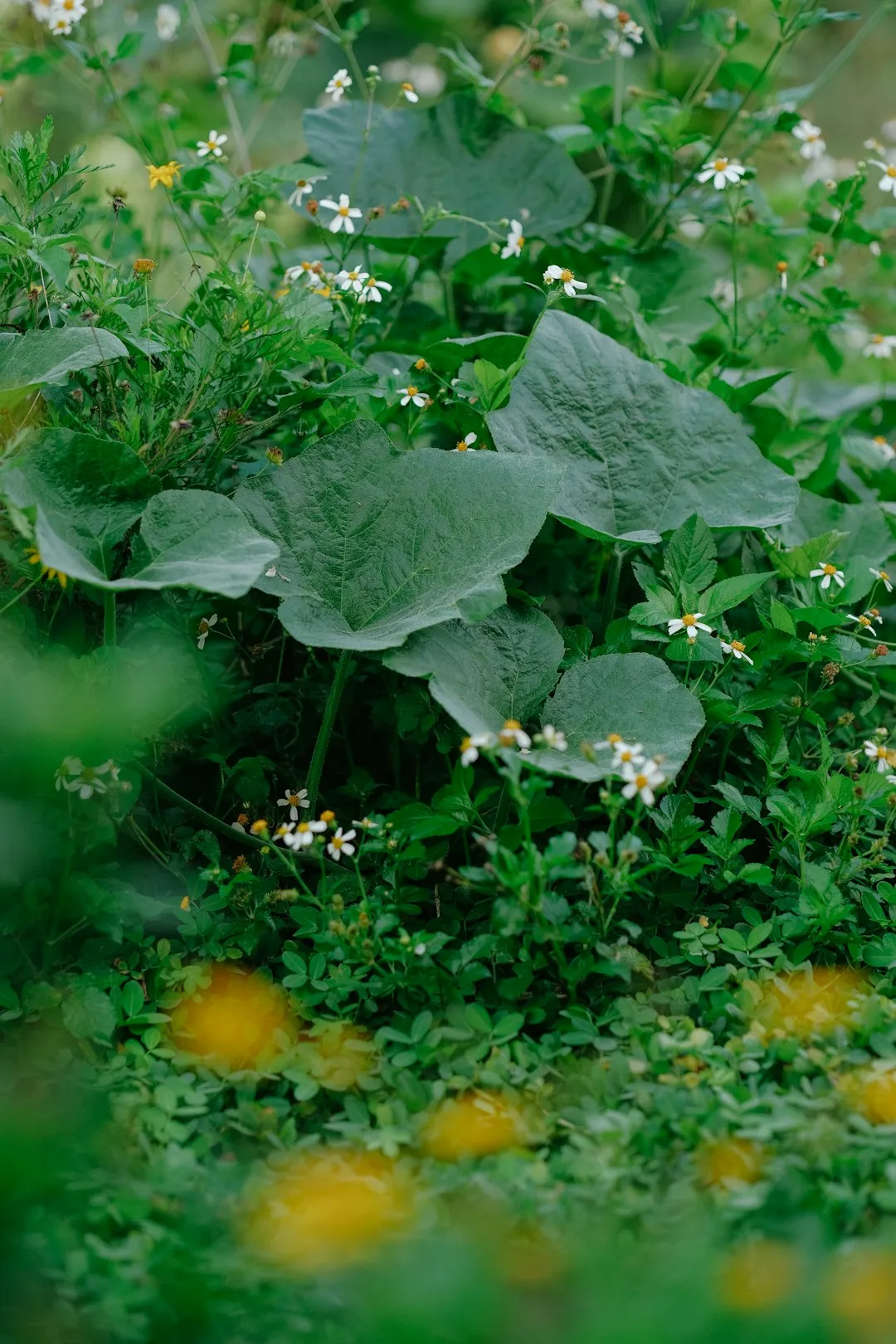Edible gardening is a rewarding endeavor that allows you to enjoy fresh, home - grown produce right from your backyard. One of the most effective techniques in vegetable gardening is companion planting, especially when it comes to growing peas. By strategically pairing peas with the right veggies, herbs, and flowers, you can keep pests at bay and achieve a prolific harvest.
Peas are legumes that have a unique ability to fix nitrogen in the soil. This means they can convert atmospheric nitrogen into a form that is usable by plants. As a result, they enrich the soil, making it more fertile for other plants in the vicinity. Let's explore some of the best companions for peas.
Vegetables
Carrots: Carrots and peas make an excellent pair. Carrots have a long, slender root system that grows deep into the soil, while peas have a more shallow root system. This allows them to share the soil space without competing for nutrients. Additionally, the strong smell of carrots can help repel some of the pests that might target peas, such as aphids. Plant carrots in between rows of peas, and you'll notice a healthy growth of both crops.
Radishes: Radishes are fast - growing vegetables that can be sown alongside peas. They help break up the soil as they grow, improving soil aeration. Moreover, radishes can act as a trap crop for flea beetles. These pests are attracted to radishes instead of peas, protecting your pea plants from damage. Sow radish seeds around the base of pea plants for best results.
Spinach: Spinach is a cool - season vegetable that thrives in the same growing conditions as peas. The leafy greens of spinach provide some shade to the soil around the pea plants, helping to keep the soil moist. In return, the nitrogen - fixing ability of peas benefits the spinach, promoting its growth. You can plant spinach in the same bed as peas, ensuring that they have enough space to grow.
Herbs
Mint: Mint has a strong aroma that can deter many common garden pests. Planting mint near peas can help keep aphids, ants, and cabbage moths away. However, mint is an invasive plant, so it's best to plant it in containers and place the containers near the pea plants. This way, you can enjoy the pest - repelling benefits of mint without it taking over your garden.
Oregano: Oregano is a hardy herb that is known for its antibacterial and antifungal properties. It can help protect pea plants from diseases. Oregano also attracts beneficial insects such as bees and ladybugs. Bees are important for pollination, while ladybugs feed on aphids, which are a common pest for peas. Plant oregano around the edges of your pea patch.
Chives: Chives have a mild onion - like smell that can repel pests. They are also known to improve the flavor of nearby plants. When planted near peas, chives can help keep pests at bay and enhance the overall health of the pea plants. You can scatter chive seeds around the pea plants or plant established chive plants in the vicinity.
Flowers
Marigolds: Marigolds are well - known for their pest - repelling properties. They release a chemical that deters nematodes, which are microscopic worms that can damage the roots of pea plants. Plant marigolds around the perimeter of your pea bed or intersperse them among the pea plants. The bright color of marigolds also adds a pop of color to your garden.
Nasturtiums: Nasturtiums are not only beautiful but also useful in the garden. They attract aphids away from pea plants, acting as a sacrificial crop. Once the aphids are on the nasturtiums, you can easily remove the affected leaves or plants to protect your peas. Nasturtiums also attract pollinators, which are essential for the pea plants to produce pods.
Calendula: Calendula, also known as pot marigold, has antibacterial and antifungal properties. It can help prevent diseases in pea plants. Additionally, calendula attracts beneficial insects such as hoverflies, whose larvae feed on aphids. Plant calendula near your pea plants to keep them healthy and pest - free.
In conclusion, companion planting is a powerful tool in edible gardening. By carefully selecting the right companions for your pea plants, you can create a harmonious and productive garden. Not only will you be able to enjoy a bountiful harvest of peas, but you'll also reduce the need for chemical pesticides. So, get out there and start planning your pea - companion garden today!

